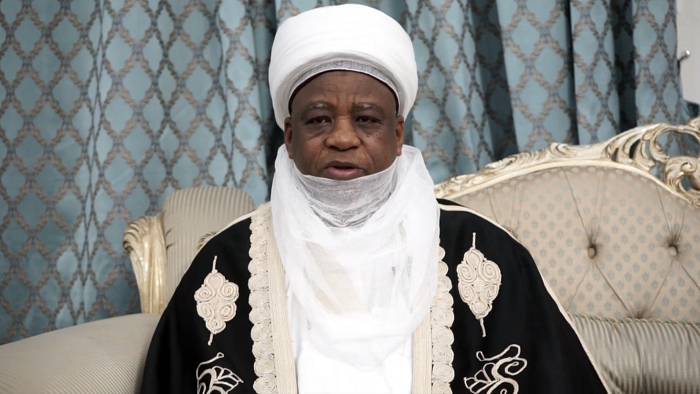
The Nigerian Supreme Council for Islamic Affairs (NSCIA) has expressed deep concern about the widespread economic difficulties in the country, stating that many households now face a daily struggle for survival.
In a statement released in Abuja on Sunday, NSCIA’s President-General, Sultan of Sokoto Muhammad Abubakar, and Secretary-General Prof. Is-haq Oloyede highlighted the severe economic challenges affecting the masses. They noted that these hardships compound the existing struggles with terrorism and insecurity.
The NSCIA emphasized the impact of the economic downturn on the people and acknowledged the ongoing efforts to recover from the adversities of terrorism and insecurity. The statement reflects the council’s worry about the daily battles faced by households in the wake of the current economic challenges.
The statement read, “The Nigerian Supreme Council for Islamic Affairs (NSCIA) is deeply concerned about the current economic reality in Nigeria and the devastating impacts of the removal of petrol subsidy on Nigerians.
“The council is aware that the current challenges are overwhelming as those who are just recovering from the aftershocks of terrorism and insecurity are now confronted with economic challenges to the extent that meeting basic needs is now a luxury for the majority of Muslims. For many households, survival is a daily battle as the number of the poor keeps increasing within the ummah.”
There has been a series of terrorist attacks in some parts of the country, particularly in Plateau State where over 100 lives were lost in a Christmas Day attack in Bokkos and Barkin-Ladi Local Government Areas of the state.
The sad incident has called for a better, more efficient security architecture in the country.
However, the NSCIA said it has launched the ‘Ummah Care Initiative’ which is “conceived as an emergency palliative intervention to cushion the effects of the current economic hardship on the vulnerable members of the Muslim ummah. This is without prejudice to the efforts of the Federal and State Governments in making palliatives available to Nigerians.”
The council noted that it was aware that some ” states are discriminating against Muslims by excluding them from such interventions. A case study of such is Plateau State.”
It stated that the UCI will cater to the nationwide “socially excluded members of the Muslim community.”
“After the exercise, the Initiative will dissolve into MESH which will continue with its generic work of alleviating the suffering of the Nigerian Muslims, giving hope to the poor and providing the basic needs to the most vulnerable,” it stated.
The council added that the “strategy of executing this Initiative is based on a five-pronged approach of awareness creation, leadership structure, resource mobilisation, active volunteering and project execution,”

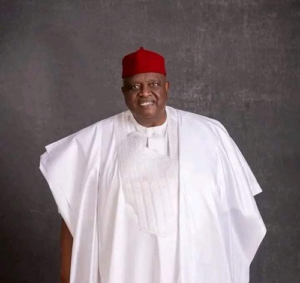
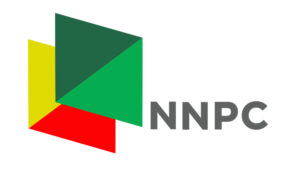
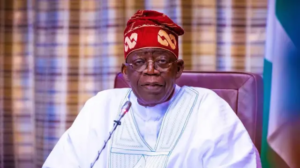
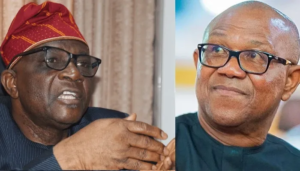
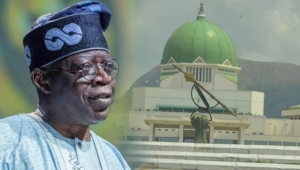
Be First to Comment